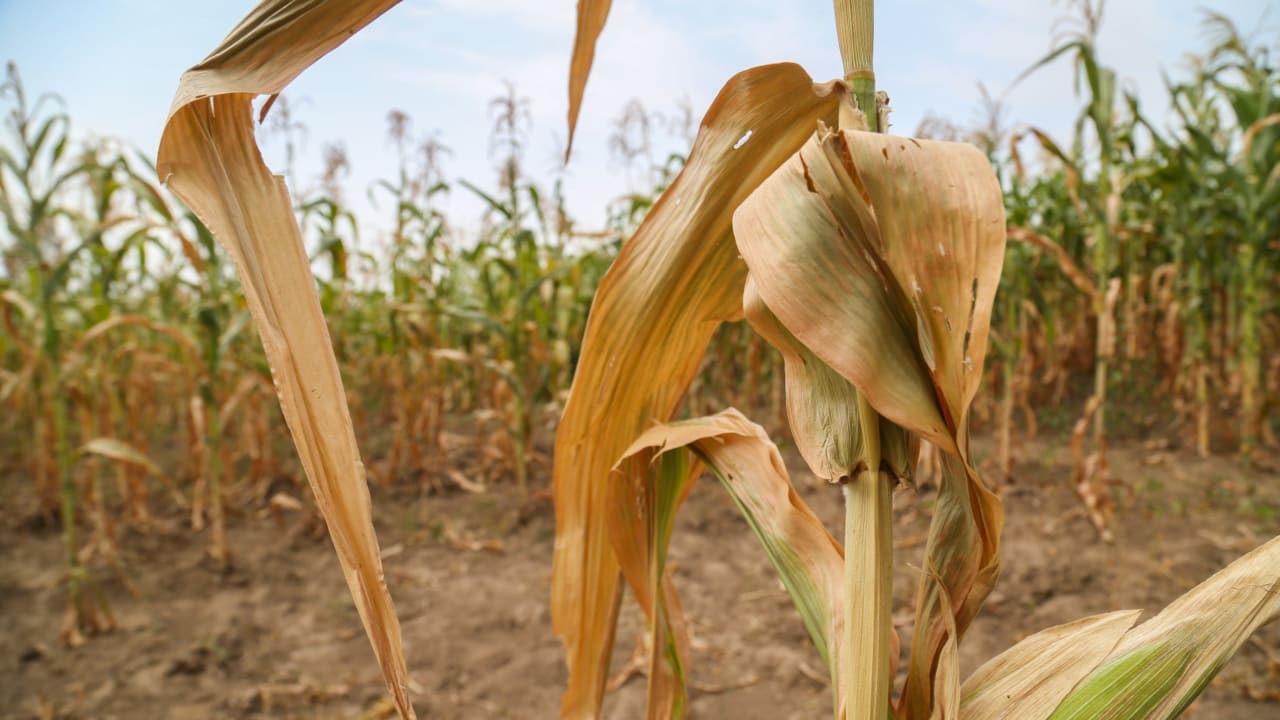This booklet is for organisations that are already involved in disaster risk reduction (DRR), but that have not yet considered using an advocacy approach. It sets out why governments should be held accountable for DRR, and the role of business and civil society.
The aim is to inspire organisations to involve advocacy in their work to reduce disaster risks, in order to bring long-term positive change.








